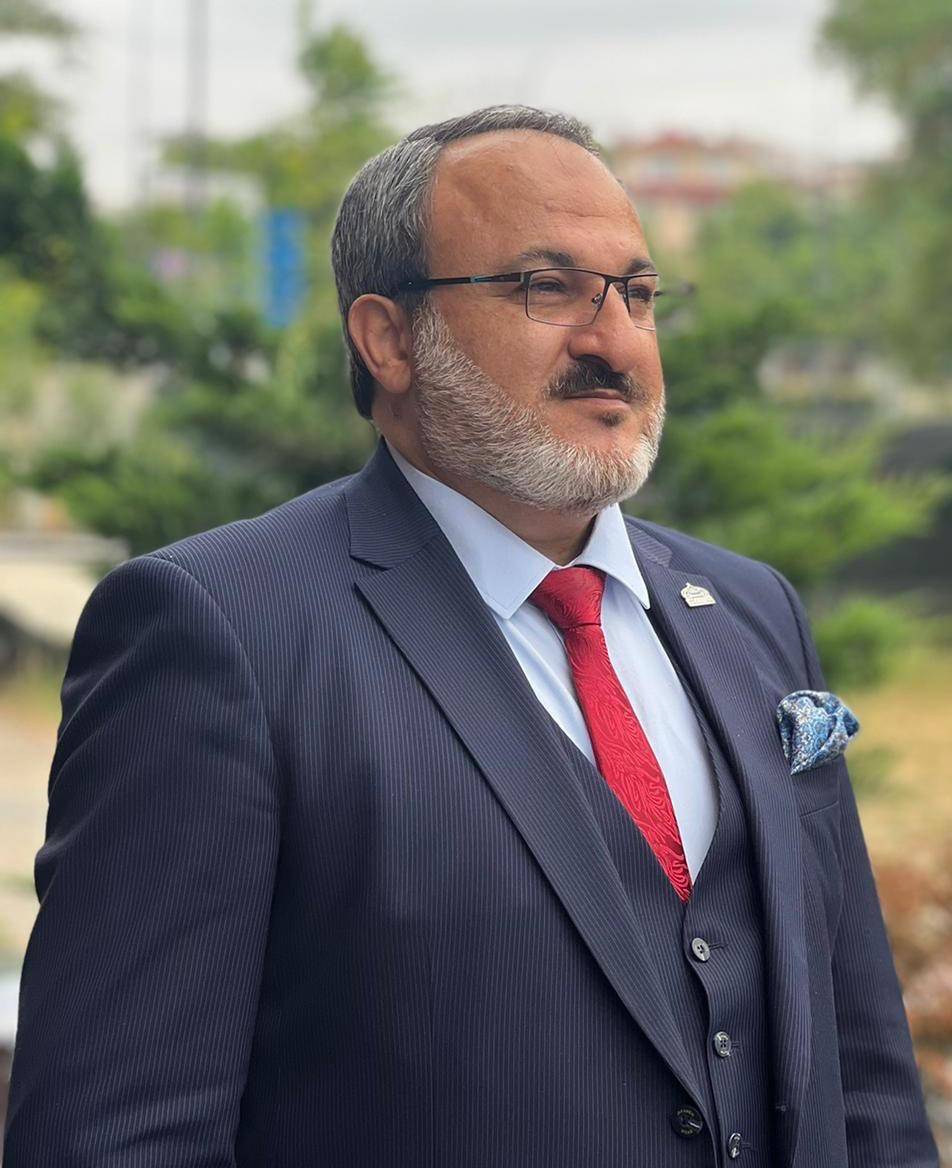About a month ago my wife asked me, “Have you seen that two-story house they demolished in the West Bank. Such a pity, it was such a beautiful house, made of white stone. Why did the Israelis destroy it? What did its owners do?” Her question hurt me very badly. When I saw the video earlier that day, I felt my heart sink so deep that I could not finish it. I just wanted to ignore it and pretend that it did not happen. I always wanted to have a house of my own, a two-story house that could accommodate my big family, built of white stone, exactly like this one.
“Do you think they really need a reason to demolish a Palestinian house? It could have been anything. They will use any pretext to inflict more suffering and misery on people to make them leave their homeland,” I said. She nodded in bitterness, and somehow I felt lucky that I did not have my own house so I did not have to go through the painful experience of losing it.
Since Israel occupied the West Bank and Jerusalem in 1967, up until 2015 it has demolished, according to the Israeli Committee against House Demolitions, 48,488 Palestinian structures. During the Al-Aqsa Intifada (2000-2005) Israel razed to the ground 3,000 homes. Israel’s official answer to that was: “This measure is employed to provide effective deterrence of perpetrators and their despatchers, not as a punitive measure.”
READ: Is there a plot to depopulate Palestinian refugee camps in Lebanon?
Some Palestinians have lost their houses not once but sometimes three times, along with all their furniture and valuables. Recently, especially in the Gaza Strip, Israel resorted to what they call warning the owners of the house, either by calling them on their cell phones and if they could not reach them their neighbours, asking them to leave their houses in 10 minutes. Since the first Gaza war (2008-2009) they developed a more effective method called “roof knocking,” where they would drop non-explosive or low-yield devices on the roofs of targeted homes.
If you fail to get the message or refuse to leave your house then you have to bear the consequences, similar to what happened to the well-known Gaza scholar and Hamas leader Nizar Rayyan and his family members. He and his entire family consisting of 16 people immediately perished, 11 of them children, when they were hit with three missiles fired from American-made F-16 jets. The five-story building collapsed to the ground along with two neighbouring houses. A total of 46 people were injured out of which 16 were children who suffered from shock.
In another infamous case, about seven years prior to that on 23 July 2003, American-made F-16 jets dropped a one tonne bomb on a three-story building, which collapsed with eight other neighbouring buildings in one of the most densely crowded neighbourhoods in the Gaza Strip. Salah Shehadeh, the top military commander of Hamas, along with his wife, his daughter and 15 other Palestinians were killed, including eight children, one of which was only two-months-old, while 170 other people suffered from injuries.
Moshe Ya’alon, then chief of Israeli general staff, declared that they took the decision knowing that Shahadeh’s wife and children were with him in the same house. Top Israeli officials including defence minister Binyamin Ben-Eliezer, his military advisor, Michael Herzog, former chief of staff Moshe Ya’alon and commander of the Israeli Air Force, Dan Halutz, were involved in the incident. Six of the victims sued them at a Spanish court and requested that they be tried as war criminals.
READ: Hang your head in shame, world; normal life does not exist for Palestinians in Hebron
Terrorists and war criminals in Israel are never punished. On the contrary, they become prime ministers, such as David Ben-Gurion, Menachim Begin, Yitzhak Shamir, Ehud Barak and Ariel Sharon. In a revenge incident Ariel Sharon who commanded Special Unit 101 sneaked at night into the village of Qibya in the West Bank, planted mines around its houses and blew them up while their people were asleep. Forty-five houses, a mosque and a school were destroyed. At least 69 people were killed, about 70 per cent of them women and children. The international community, including the United States, condemned the “shocking raid”. The United Sates even suspended military aid and called for a trial and “the conviction of those responsible”.
David Ben-Gurion, who authorised the massacre, retained his post as Prime Minister of Israel, while Sharon was considered a hero and eventually became in 2001 the Prime Minister of Israel. During that period he committed a countless number of atrocities including overseeing the Sabra and Shatila massacre in Lebanon in 1982 that resulted in the killing of 3,500 civilians at the hand of his Maronite allies and under his direction and supervision.
Surprisingly, investigations made by the Israelis proved that collective punishment, in particular demolishing houses, do not deter Palestinian attackers. They flare Palestinian anger and convince more young people to join the struggle leading to more death on both sides. The only explanation to this inhumane and fruitless punishment is to help Israel politicians present themselves as strong and capable of bringing security to illegal settlers in the West Bank and the rest of occupied Palestine. Until that day when the international community succeed in stopping Israeli crimes Palestinian children and civilians will continue to pay the price for Israeli political victories.
The views expressed in this article belong to the author and do not necessarily reflect the editorial policy of Middle East Monitor.


![Palestinians look at the rubble left behind after Israeli forces demolished Palestinian owned buildings on 18 October 2018 [Wafa]](https://i0.wp.com/www.middleeastmonitor.com/wp-content/uploads/2018/10/2018_10-18-Israel-demolishes-9-Palestinian-structures-in-West-Bank37_29_10_18_10_20181.jpg?fit=1200%2C800&ssl=1)









